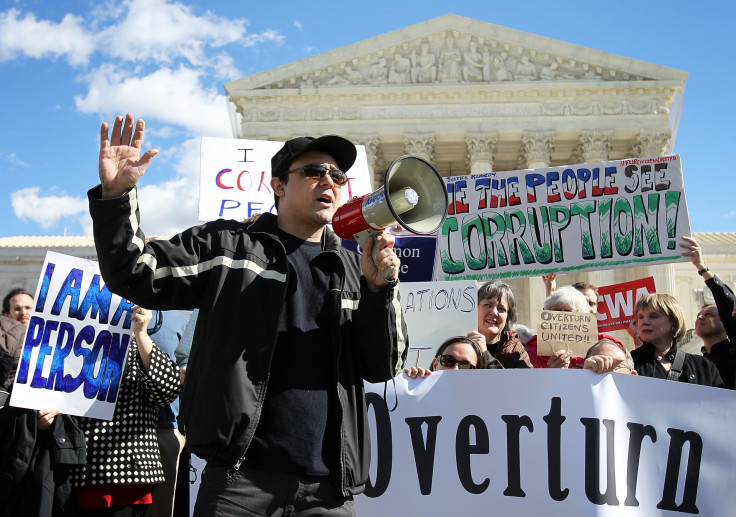Federal Election Commission Head Ann Ravel Says Agency 'Worse Than Dysfunctional,' Gives Up On Stopping Abuses In 2016: Report

The head of the Federal Election Commission has given up on trying to stop abuses in the 2016 elections and will instead focus on transparency, according to a new report. “I never want to give up, but I’m not under any illusions,” Ann M. Ravel, the FEC chairwoman told the New York Times in an interview. “People think the FEC is dysfunctional. It’s worse than dysfunctional.”
The agency was created by Congress in 1975 to enforce rules governing how federal elections are financed. It is required to enforce the laws related to limits and prohibitions on campaign contributions and disclose campaign finance information, but Ravel says partisan divisions means she’ll have to focus on the latter in 2016.
There are six members on the commission, and any decision requires that at least four vote in favor. However, by law, there can be only three people from each political party in the group. While the requirement was meant to encourage nonpartisan action, recently, it’s caused a deadlock in decision-making. Ravel told the Times that party divisions have made it nearly impossible for members to agree on new measures to enforce spending rules, and instead she plans to simply make the spending information public.
In 2016, analysts expect that candidates, supporters and outside groups will spend up to $10 billion, with Hillary Clinton and Jeb Bush each spending $2 billion if they’re nominated. The rate is more than twice what Barack Obama and Mitt Romney spent in 2012 and has critics worried about “Watergate-level money scandals,” according to a Bloomberg report.
A landmark Supreme Court decision in a 2010 case for Citizens United allowed for unions or corporations to spend as much money as they wanted to support political candidates. Meanwhile, political action committees are allowed to accept donations of any size and are gaining substantial influence in the run-up to 2016 elections.
This time around, super PACs are taking on an extended role in campaign planning. New rules allow them to take on roles once delegated to the candidates themselves, according to the Wall Street Journal. While some argue that this is an “obvious and logical evolution,” other sources told the WSJ that it’s a “recipe for disaster.”
© Copyright IBTimes 2025. All rights reserved.






















